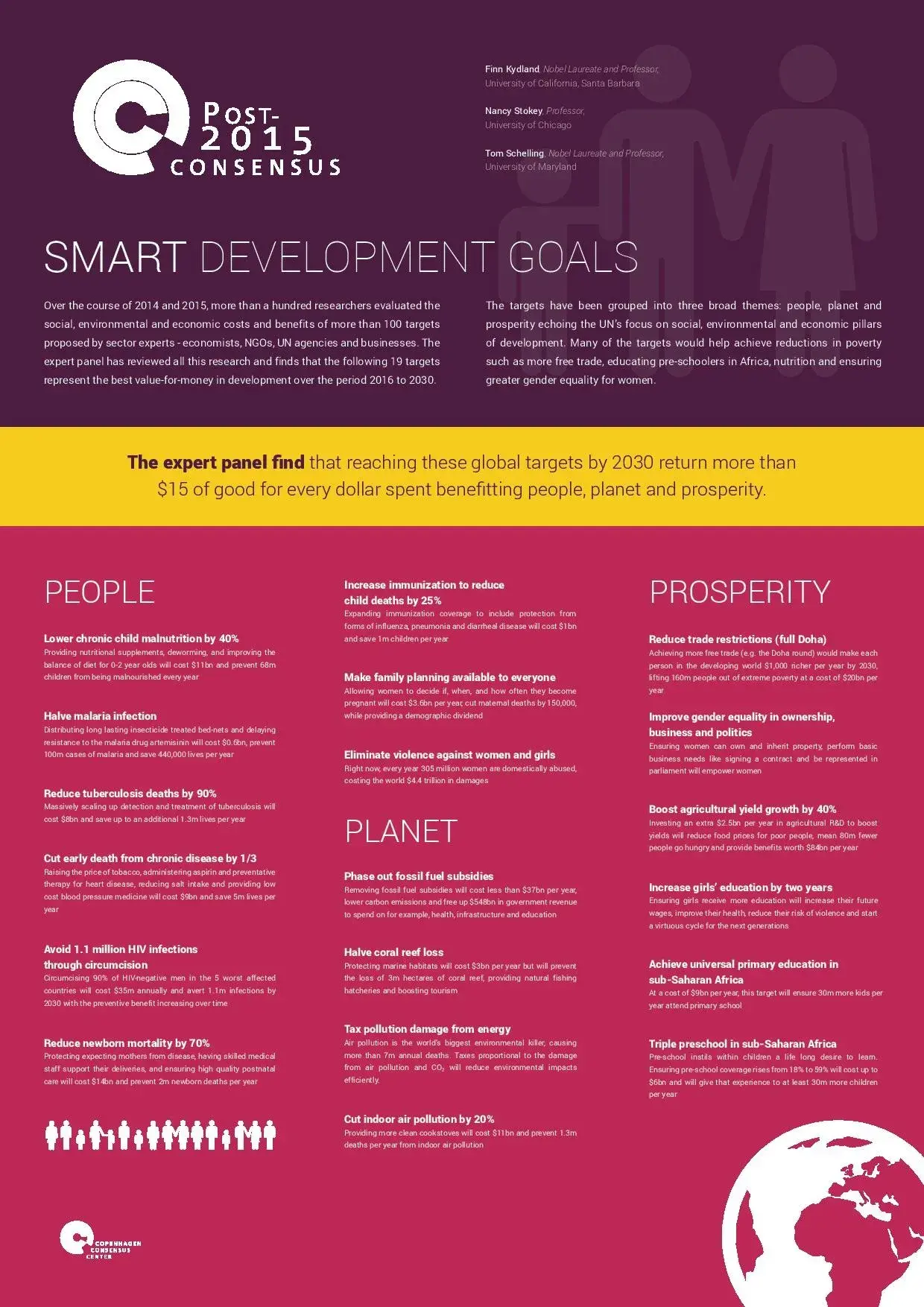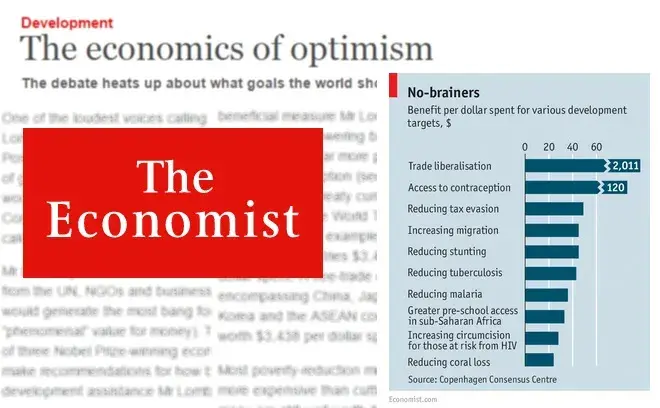Infrastructure: What's the smartest SDG target?

Clearly, the rapid rollout of broadband services has transformed the lives of people in the industrialized world, and there is every reason to expect that developing countries could benefit at least as much. It would enable a host of new enterprises and all the spillovers that come with it - more jobs, greater efficiency, bigger markets for goods and services, and faster innovation. It would also assist in achieving better outcomes in education, health and poverty reduction. In short, it would deliver a significant boost to GDP.
As reported by AFP across the world (also in Russian and Indonesian language) and the Wall Street Journal, one of the biggest opportunities is in mobile technologies. Mobile phone use is already spreading rapidly in developing countries, avoiding the need for old-style fixed infrastructure, and data services can use the same system.
One scenario envisions we increase developing countries mobile broadband access from 21% in 2014 to 60% in 2030, bringing 3 billion people online over the next 15 years. Already by 2020, the benefits would be almost half a trillion annually, and these would increase further towards 2030. Over the coming decades the total benefit would reach almost $22 trillion.
These eye-catching numbers come at significant cost - $1.3 trillion over 15 years. But it would be money well spent because every dollar invested returns $17 in benefits.
You can read all the papers on infrastructure here and download the one page PDF here.
The smartest targets for the post-2015 development agenda
What are the smartest targets for the post-2015 development agenda?
In a world of limited resources, we can’t do everything, but how should we prioritize? The Copenhagen Consensus Center provides information on which targets will do the most social good relative to their costs. The final decision on choosing goals will definitely rest on a number of factors, not just economics – but knowing the costs and benefits provides an important piece of information.
The Post-2015 Consensus brought together, renowned experts from the UN, NGO and private sectors with 60 teams of economists to produced 100+ research papers to establish the most effective targets for the post-2015 development agenda within 22 core issue areas: Air Pollution, Biodiversity, Climate Change, Conflict & Violence, Data for Development, Education, Energy, Food Security, Gender Equality, Governance & Institutions, Health: Chronic Diseases, Health: Health Systems, Health: Infant Mortality & Maternal Health, Health: Infectious Diseases, Infrastructure, Illicit Financial Flows, Nutrition, Population & Demography, Poverty, Science & Technology, Trade, and Water & Sanitation.
An Expert Panel including two Nobel Laureates has reviewed all of this research and identified 19 targets that represent the best value-for-money in development over the period 2016 to 2030.
Only have three minutes? Watch our introduction video to the Post-2015 Consensus project.

Making prioritization a factor in the post-2015 debate
An overview of Copenhagen Consensus' ground-breaking research which is shaping the thinking for the 193 governments about to prioritize the smartest development goals for 2016-2030. If you've just read the article in The Economist you might be interested in exploring more about our project, and the research we've undertaken so we have put together an online supplement with more in-depth information.


